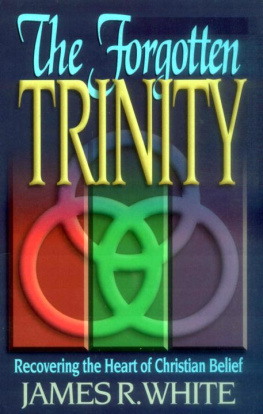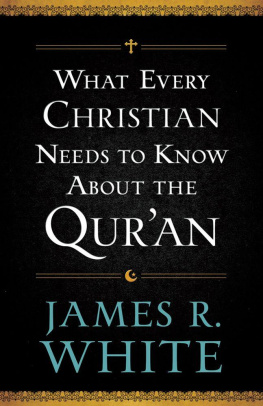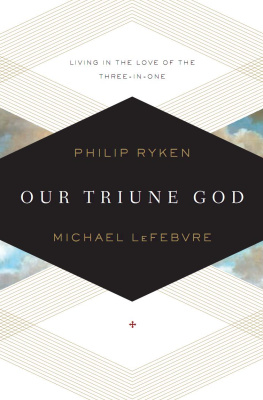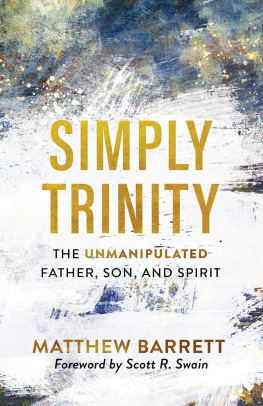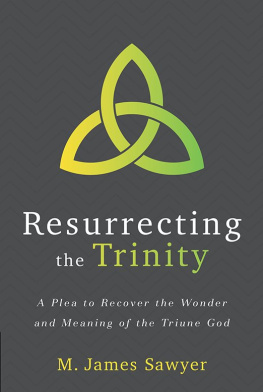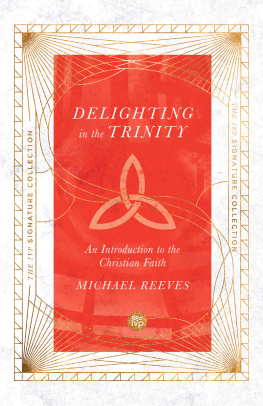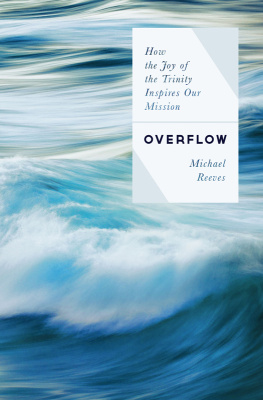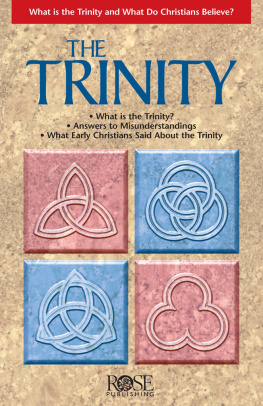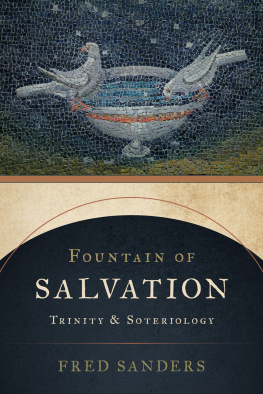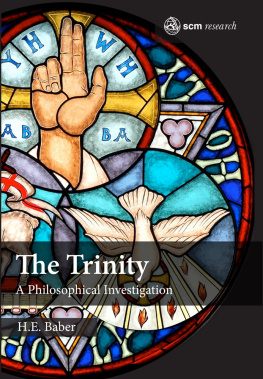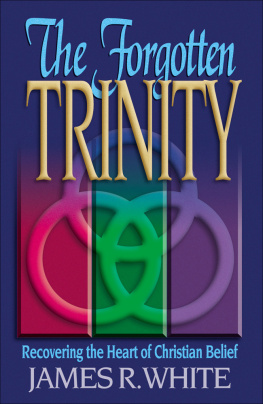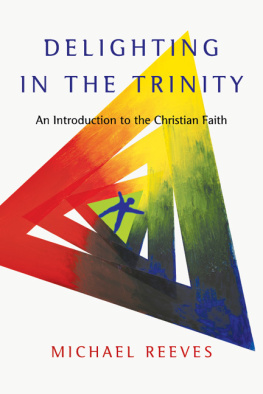BHP BOOKS BY JAMES R. WHITE
JAMES R. WHITE




Christian fellowship comprises a little taste of heaven here on earth. Close brothers in the Lord are a treasure not to be taken lightly. One such brother in Christ who has come to mean so much to me and my family is Chris Arnzen. It is with joy that I dedicate this work to a man of God, a brother in the Lord, a true "son of encouragement," a friend who is precious to me. Thank you, Chris, for being a Christian man who loves the Lord and has allowed that love to flow into my life.
Do you have comments? Please address them to:

For faster response, contact us via E-mail: orthopodeo@aomin.org
Visit our web page at http://www.aomin.org for information about Mormonism, Jehovah's Witnesses, Roman Catholicism, and General Apologetics, and listings of debates, tapes, tracts, etc.
JAMES R. WHITE is director of Alpha and Omega Ministries, a Christian apologetics organization based in Phoenix, Arizona, and is an elder in the Phoenix Reformed Baptist Church. He is also an adjunct professor with the Golden Gate Baptist Theological Seminary. He is a critical consultant for the Lockman Foundation on the New American Standard Bible Update. He is married to Kelli and has two children, Joshua and Summer Marie.
And yet I will exert special effort to the end that they who lend ready and open ears to God's Word may have a firm standing ground. Here, indeed, if anywhere in the secret mysteries of Scripture, we ought to play the philosopher soberly and with great moderation; let us use great caution that neither our thoughts nor our speech go beyond the limits to which the Word of God itself extends. For how can the human mind measure off the measureless essence of God according to its own little measure, a mind as yet unable to establish for certain the nature of the sun's body, though men's eyes daily gaze upon it? Indeed, how can the mind by its own leading come to search out God's essence when it cannot even get to its own? Let us then willingly leave to God the knowledge of himself. For, as Hilary (of Poitiers) says, he is the one fit witness to himself, and is not known except through himself. But we shall be "leaving it to him" if we conceive him to be as he reveals himself to us, without inquiring about him elsewhere than from his Word.
John Calvin, Institutes of the Christian Religion, I:XIII:21.
........................... 13
................................... 23
.............................. 33
.................... 47
....................... 65
............................................. 95
................................. 105
............. 119
..................................... 131
............................ 139
....................................... 153
....................................... 163
...................................... 177
...................................... 193
.............................................. 197
.............................................. 221
I love the Trinity. Does that sound strange to you? For most people, it should sound strange. Think about it: when was the last time you heard anyone say such a thing? We often hear "I love Jesus" or "I love God," but how often does anyone say, "I love the Trinity"? You even hear "I love the cross" or "I love the Bible," but you don't hear "I love the Trinity." Why not?
Someone might say, "Well, the Trinity is a doctrine, and you don't love doctrines." But in fact we do. "I love justification" or "I love the second coming of Christ" would make perfect sense. What's more, the Trinity isn't just a doctrine any more than saying "I love the deity of Christ" makes Christ just a doctrine.
So why don't we talk about loving the Trinity? Most Christians do not understand what the term means and have only a vague idea of the reality it represents. We don't love things that we consider very complicated, obtuse, or just downright difficult. We are more com fortable saying "I love the old rugged cross" because we think we have a firm handle on what that actually means and represents. But we confess how little we understand about the Trinity by how little we talk about it and how little emotion it evokes in our hearts.
Yet we seem rather confused at this point because most Christians take a firm stand on the Trinity and the fundamental issues that lead to it (the deity of Christ, the person of the Holy Spirit). We withhold fellowship from groups like the Mormons and Jehovah's Witnesses because they reject the Trinity and replace it with another concept. We hang a person's very salvation upon the acceptance of the doctrine, yet if we are honest with ourselves, we really aren't sure exactly why.
It's the topic we won't talk about: no one dares question the Trinity for fear of being branded a "heretic," yet we have all sorts of questions about it, and we aren't sure who we can ask. Many believers have asked questions of those they thought were more mature in the faith and have often been confused by the contradictory answers they received. Deciding it is best to remain confused rather than have one's orthodoxy questioned, many simply leave the topic for that mythical future day "when I have more time." And in the process, we have lost out on a tremendous blessing.
THE BLESSING OF THE TRINITY
A true and accurate knowledge of the Trinity is a blessing in and of itself. Any revelation of God's truth is an act of grace, of course, but the Trinity brings to us a blessing far beyond the worth normally assigned by believers today. Why? Because, upon reflection, we discover that the Trinity is the highest revelation God has made of himself to His people. It is the capstone, the summit, the brightest star in the firmament of divine truths. As I will assert more than once in this work, God revealed this truth about himself most clearly, and most irrefutably, in the Incarnation itself, when Jesus Christ, the eternal Son of God, took on human flesh and walked among us. That one act revealed the Trinity to us in a way that no amount of verbal revelation could ever communicate. God has been pleased to reveal to us that He exists as Father, Son, and Holy Spirit. Since God feels it is important to know, we should likewise. And since God went through a great deal of trouble to make it clear to us, we should see the Trinity as a precious possession, at the very top of the many things God has revealed to us that we otherwise would never have known.

